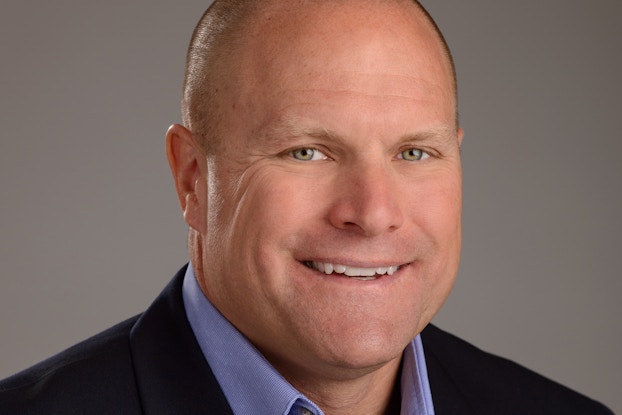
If you could create your own fantasy Board of Directors who would be on it? CO— connects you with thought leaders from across the business spectrum and asks them to help solve your biggest business challenges. In this edition, a CO— reader asks for tips on how to hire to foster a successful business culture.
Eric Kapitulik, founder and CEO of The Program, and former Marine Corps Special Ops Officer, answers…
Teams don’t fail because of a lack of people. Teams fail because of who those people are. Every company spends an incredible amount of money and time in a never-ending search for smart, intelligent, talented people.
Most firms look at educational background to determine qualification. Corporate interviewers spend most of an interview asking about an applicant’s educational background or if they have the knowledge of and experience with the technical skills required for the job. Educational background and technical skills are important, but we feel that neither reflects an applicant’s “fit” for our organization in any way.
As leaders, we often compound our hiring mistakes with thinking that we can change everyone. We can’t.Eric Kapitulik, founder and CEO, The Program
Hiring
Eric Kapitulik uses distinct core values in his hiring strategy, making sure that new hires embody the qualities and characteristics that best suit the company culture and needs. Read on for more hiring tips.
Defining the “best” for your business
Teams end up hiring the talent and technical skills that they need to compete on their particular battlefield, but not the “best” people for their organization. Best people have intelligence and technical skills, but they also embody their team’s culture.
To assist us in hiring the best people, we follow these steps:
- First, we must first determine our core values. They define our culture and make it tangible.
- Next, we select a group of current individuals within our organization who we consider to be best. Chances are, we consider them as such because they already embody our team’s core values.
- We then task our current best with determining who is best out of the applicant pool. During the interview process, or, if possible, during an evaluation or “tryout” period, their only job is to determine if an applicant exemplifies our team’s core values. Every interviewer will provide their opinion of the applicant and how the applicant embodies our organization’s core values. We stress the importance of interviewers not discussing their unique opinions with other interviewers to help ensure an absence of group-think. If even one of our best people thinks that an applicant does not embody our core values, that applicant will not get hired and we repeat the process until everyone agrees that an applicant exemplifies our core values and is therefore suitable to join our organization.
Once a candidate is found that does embody our team’s core values, the interview process is complete. The leader then speaks with the candidate to explain that all the interviewers feel that they embody the organization’s core values. Since the leader won’t truly know this for sure until the candidate starts to work with the team in a full-time capacity, our leaders require the candidate to take the next 48 to 72 hours to decide for themselves if they do embody the organization’s core values. It is explained that if the candidate decides they do share the team’s core values, it will be the greatest team with whom they could work, and they will have a wonderful experience while doing so. If they decide otherwise, or choose to act against the organization’s core values, it will be a poor fit and experience for both parties.

Hiring mistakes happen — but it’s about how you fix them
Hiring is an imperfect science. Regardless of the process, mistakes will still be made in who we recruit and hire.
As leaders, we often compound our hiring mistakes with thinking that we can change everyone. We can’t. Leaders develop team members, not fundamentally change who they are. If we allow people who don’t embody our culture to remain members of our team, eventually, our teammates who do embody our core values will leave our organization.
Thankfully, we can control this. Have core values. Recruit and hire people who embody them. And attack!
CO— aims to bring you inspiration from leading respected experts. However, before making any business decision, you should consult a professional who can advise you based on your individual situation.
Want to read more? Be sure to follow us on LinkedIn!
CO—is committed to helping you start, run and grow your small business. Learn more about the benefits of small business membership in the U.S. Chamber of Commerce, here.







